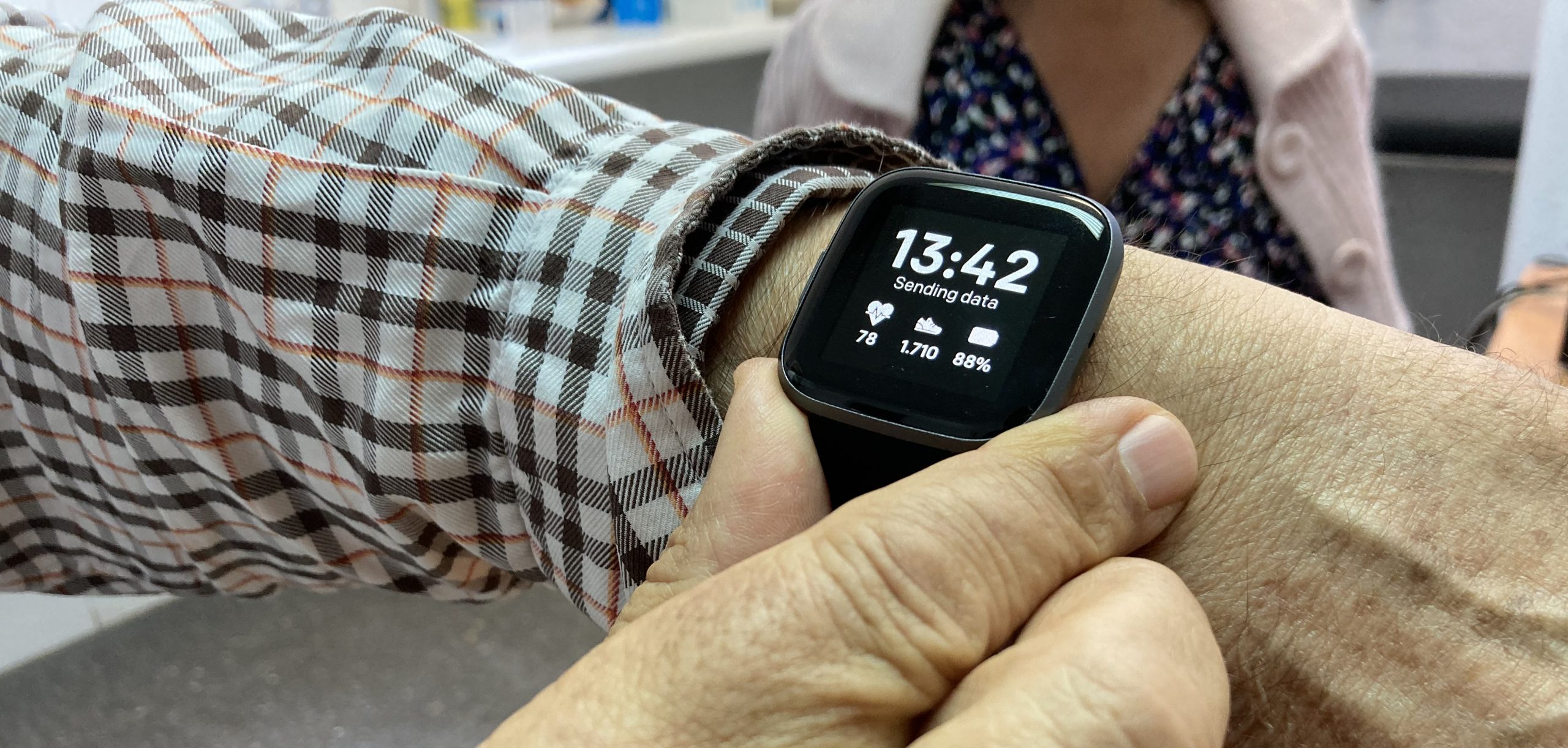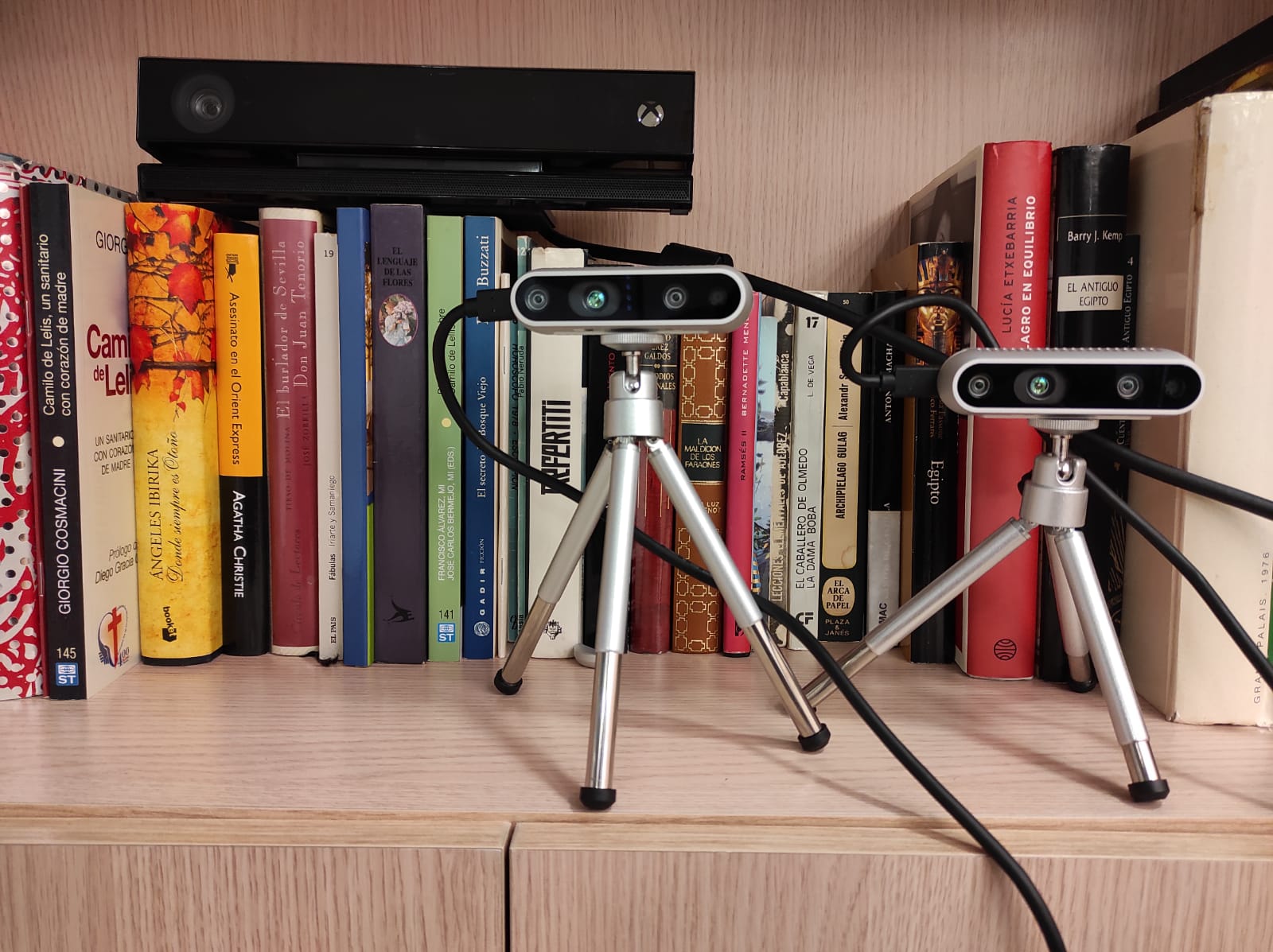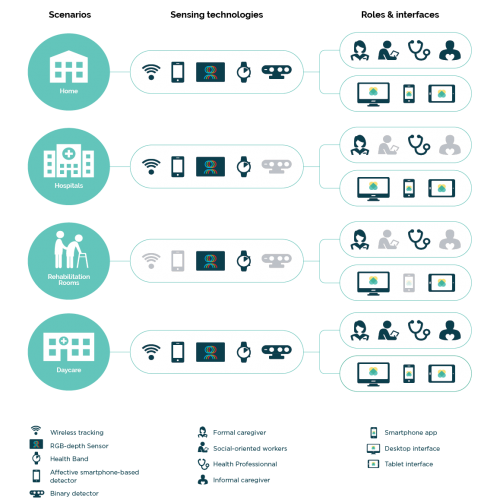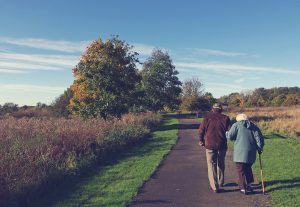We dedicate this text to those who want to learn more about how this occurs, and the support mechanisms that might stall this process and mitigate the negative consequences of the tendency toward inactivity.
Continue readingAs Europe goes grey, assisted living will redefine old age
But for every problem, usually, there is a solution. And technology often can be part of the answer. Enter the era of assisted living.
Continue readingAutomatic fall detection of patients with chronic diseases using the TeNDER Health Tracking (HeTra) system
Here, we will focus on the specific ICT-based interventions designed to detect falls. The TeNDER system uses devices equipped with sensors to monitor and support the physical status of older adults.
Continue readingTeNDER and the Quality of Life of people with chronic diseases
Quality of Life (QoL) is an important concept widely used in medicine, sociology, and psychology. The World Health Organization (WHO) defines QoL as an “individual’s perception of his or her position in life in the context of the culture and value system where they live, and in relation to their goals, expectations, standards and concerns’’[1].
Continue readingTeNDER successfully completes pre-piloting phase
Outcome of the Sustainable Places Conference 2020
Knowledge exchange and collaboration
Taking it one step further – Empowering people with technology-based systems
The focus needs to shift to slowing down the progression of a disease and making the best out of the situation in such a way that enables people to be as healthy as possible, and in turn, live the best life possible.
Continue reading








 On 30 October, several EU-funded initiatives participated in an online workshop organised within the general framework of the
On 30 October, several EU-funded initiatives participated in an online workshop organised within the general framework of the 
